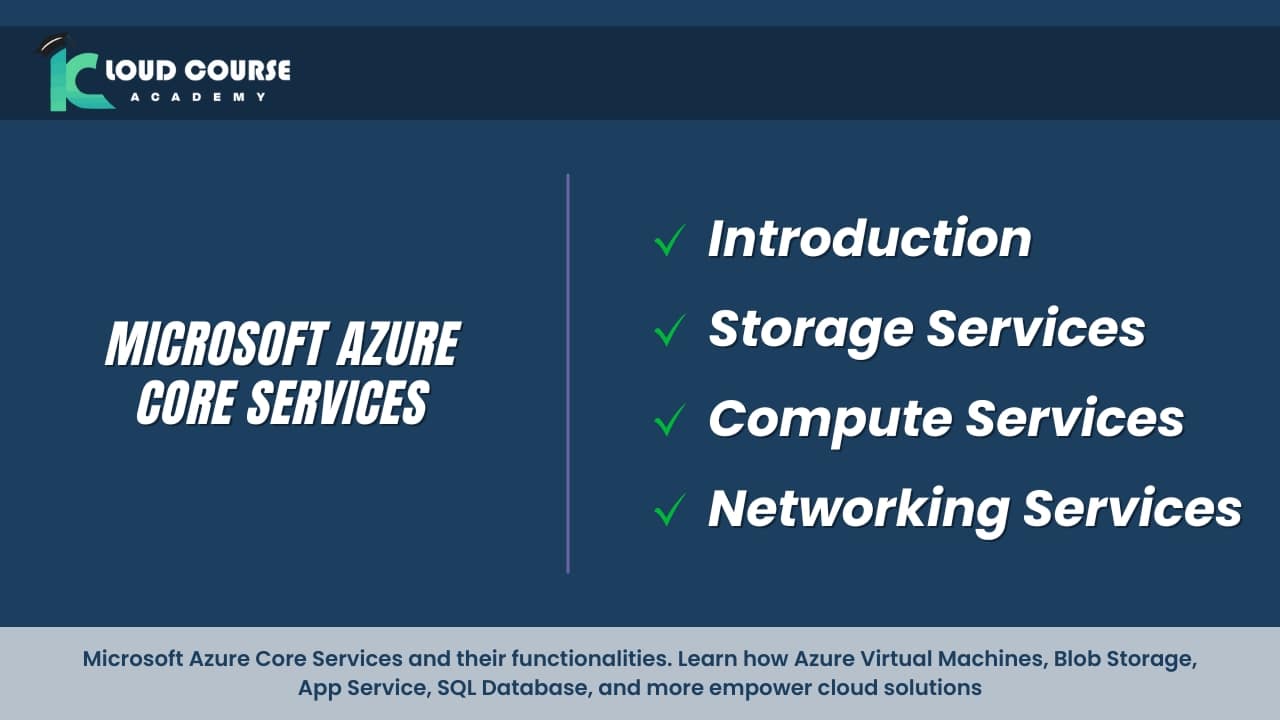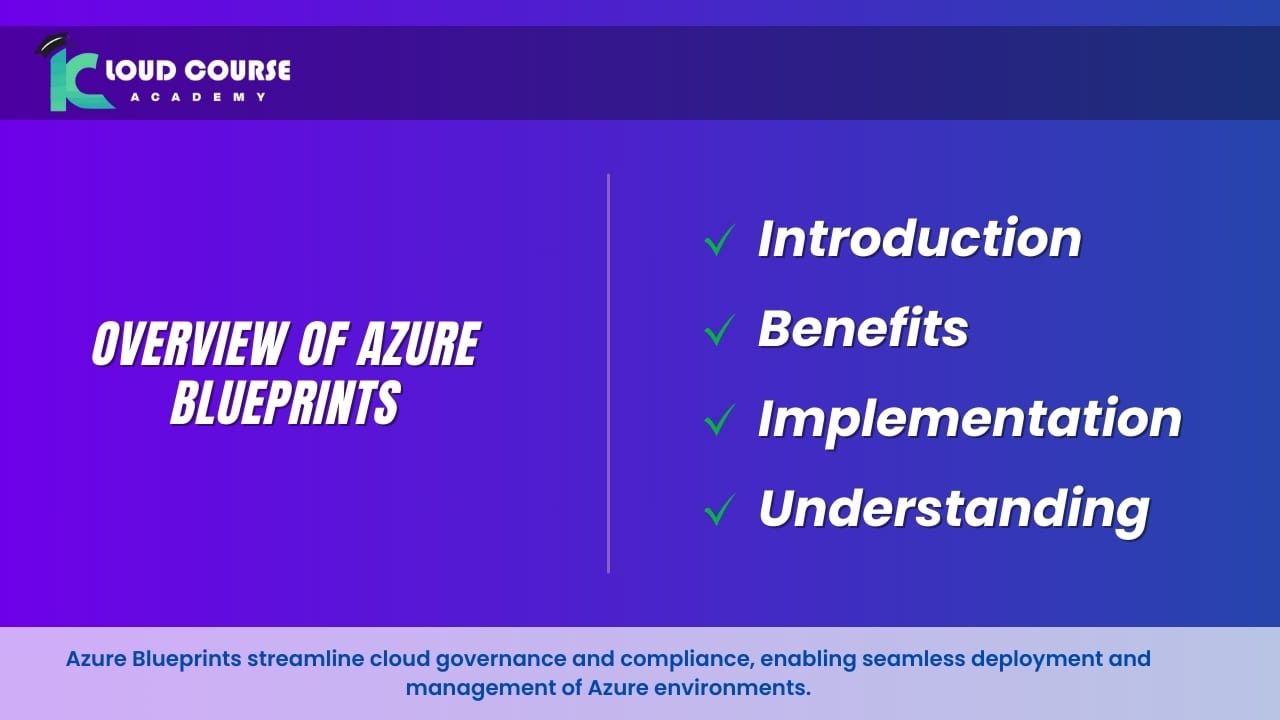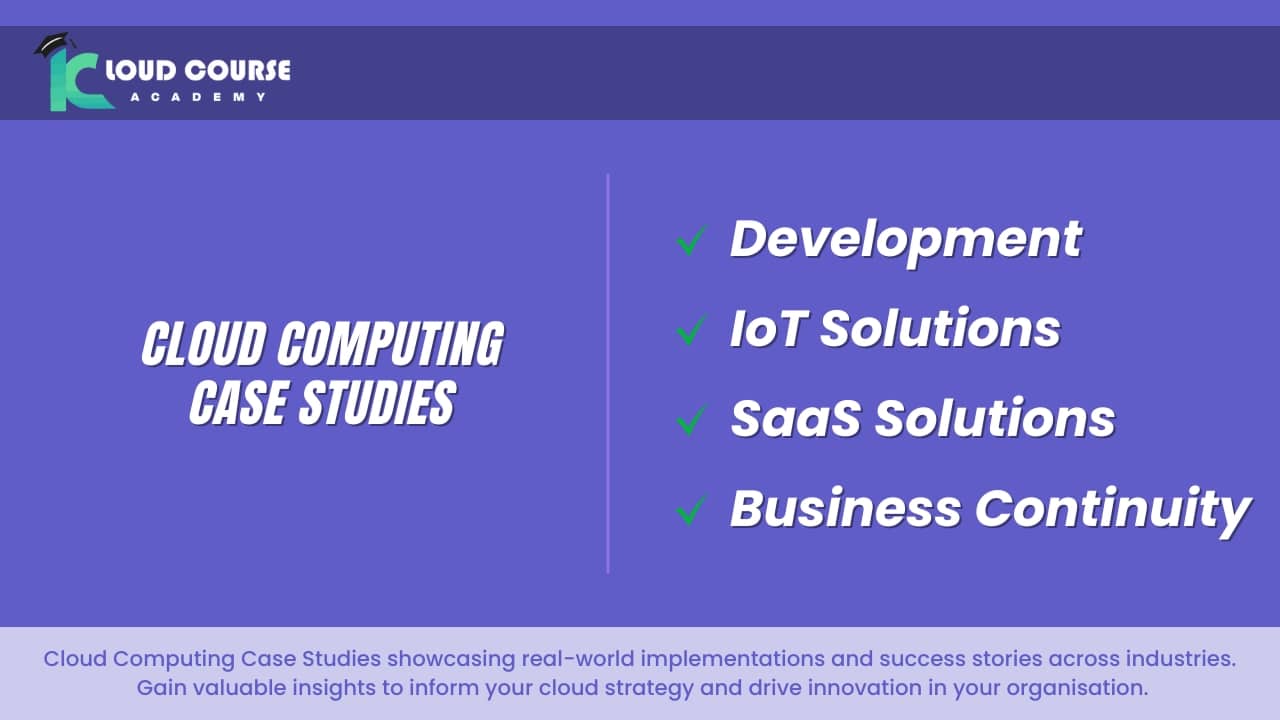
Introduction
Microsoft Azure offers a vast array of cloud services and solutions designed to meet the diverse needs of organizations across industries and sectors. From compute and storage to artificial intelligence and Internet of Things (IoT), Azure provides a comprehensive suite of offerings to support modern application development, data analytics, infrastructure management, and more. In this guide, we’ll provide a high-level overview of Azure’s core services and solutions, highlighting key categories and their functionalities to help organizations understand the breadth and depth of Azure’s capabilities.
1. Compute Services
Azure’s compute services enable organizations to run applications and workloads in the cloud with scalability, flexibility, and reliability.
Virtual Machines (VMs): Deploy and manage Windows and Linux VMs in Azure’s global infrastructure, with support for various sizes, configurations, and operating systems.
Azure App Service: Build, deploy, and scale web, mobile, and API applications quickly and easily without managing infrastructure.
Azure Kubernetes Service (AKS): Orchestrate containerized applications using Kubernetes, with automated provisioning, scaling, and management of containerized workloads.
2. Storage Services:
Azure’s storage services provide scalable and durable storage solutions for data of any size, from structured to unstructured and everything in between.
Azure Blob Storage: Store and manage unstructured data, such as documents, images, videos, and logs, with high availability, durability, and scalability.
Azure File Storage: Share files across applications and virtual machines using fully managed file shares in the cloud, accessible via the industry-standard SMB protocol.
Azure Cosmos DB: Globally distributed, multi-model database service designed to meet the demands of modern applications with high availability, low latency, and seamless scalability.
3. Networking Services
Azure’s networking services enable organizations to connect, secure, and scale their cloud infrastructure and applications.
Azure Virtual Network (VNet): Isolate and secure Azure resources by creating private networks in the cloud, with granular control over IP address ranges, subnets, and network traffic.
Azure Load Balancer: Distribute incoming network traffic across multiple virtual machines to improve application availability and reliability.
Azure VPN Gateway: Establish secure, cross-premises connectivity between on-premises networks and Azure Virtual Networks, enabling hybrid cloud deployments.
4. Data Services
Azure’s data services empower organizations to store, manage, and analyze data effectively, leveraging advanced analytics and machine learning capabilities.
Azure SQL Database: Fully managed relational database service with built-in intelligence, automatic tuning, and high availability for mission-critical workloads.
Azure Synapse Analytics: Unified analytics platform that enables organizations to ingest, prepare, manage, and analyze data at scale using both serverless and provisioned resources.
Azure Machine Learning: Cloud-based machine learning service that enables organizations to build, train, and deploy machine learning models at scale, with support for Python, R, and other popular frameworks.
5. Artificial Intelligence (AI) Services
Azure’s AI services empower organizations to infuse AI into their applications and business processes, enabling intelligent decision-making and automation.
Azure Cognitive Services: Pre-built AI models and APIs that enable developers to add vision, speech, language, and decision capabilities to applications with ease.
Azure Bot Service: Build, deploy, and manage intelligent bots that interact with users across multiple channels, such as web, mobile, and messaging platforms.
Azure Machine Learning Studio: Drag-and-drop tool for building, training, and deploying machine learning models without writing code, with support for automated machine learning (AutoML).
Conclusion
Microsoft Azure offers a comprehensive portfolio of core services and solutions to support organizations’ cloud computing needs, from compute and storage to networking, data, and AI. By leveraging Azure’s scalable, flexible, and reliable cloud platform, organizations can accelerate innovation, drive business agility, and transform their operations in the digital age.
Microsoft Azure Core Services Interview Questions
- What are the fundamental Microsoft Azure Core Services that beginners should be familiar with?
- Can you provide an overview of Microsoft Azure Core Services and their role in cloud computing?
- How do Microsoft Azure Core Services contribute to building and deploying cloud-based applications?
- Can you explain the key features and functionalities of Microsoft Azure Core Services?
- What are some common use cases where organisations leverage Microsoft Azure Core Services for their cloud infrastructure?
- How does Microsoft Azure Core Services facilitate scalability and flexibility for cloud applications?
- What security measures are implemented within Microsoft Azure Core Services to protect data and applications?
- Can you discuss the integration capabilities of Microsoft Azure Core Services with other cloud platforms and on-premises systems?
- How do organisations monitor and manage performance metrics within Microsoft Azure Core Services?
- Can you provide examples of real-world implementations where Microsoft Azure Core Services have been successfully utilised to meet business objectives?








